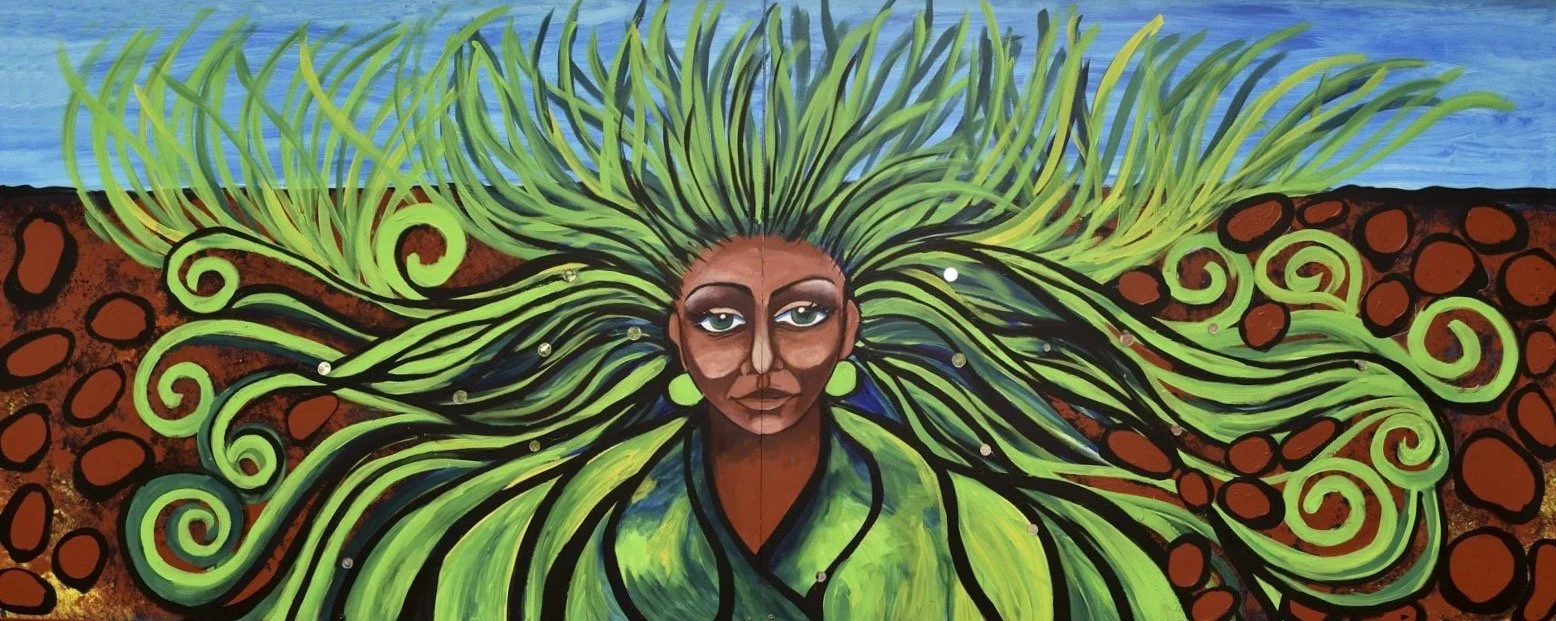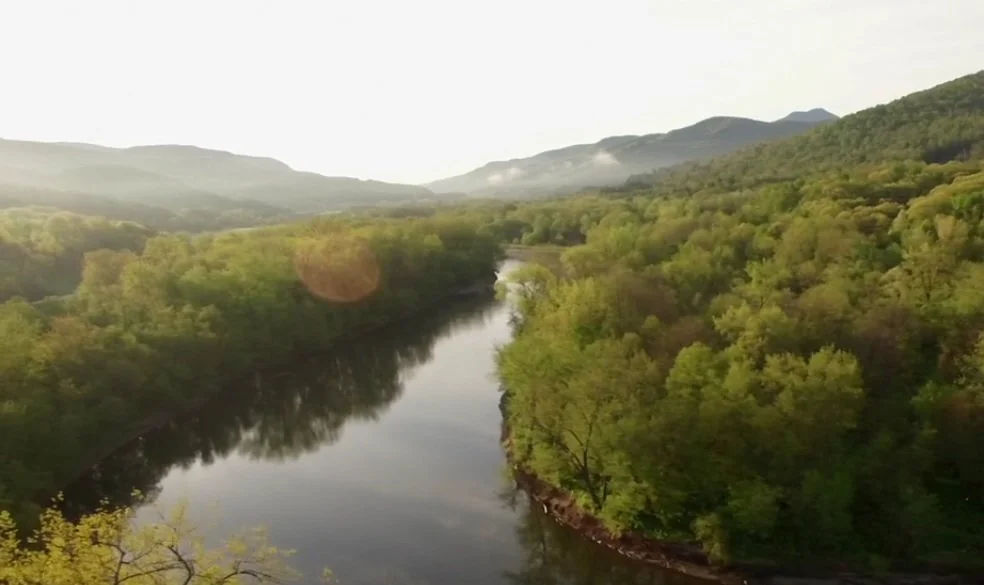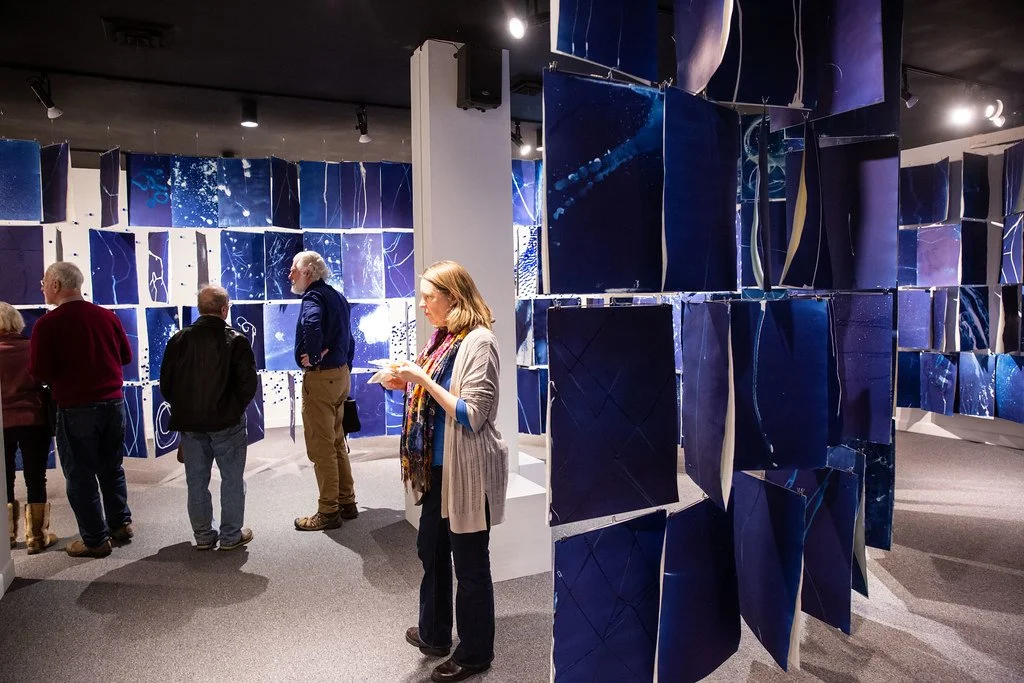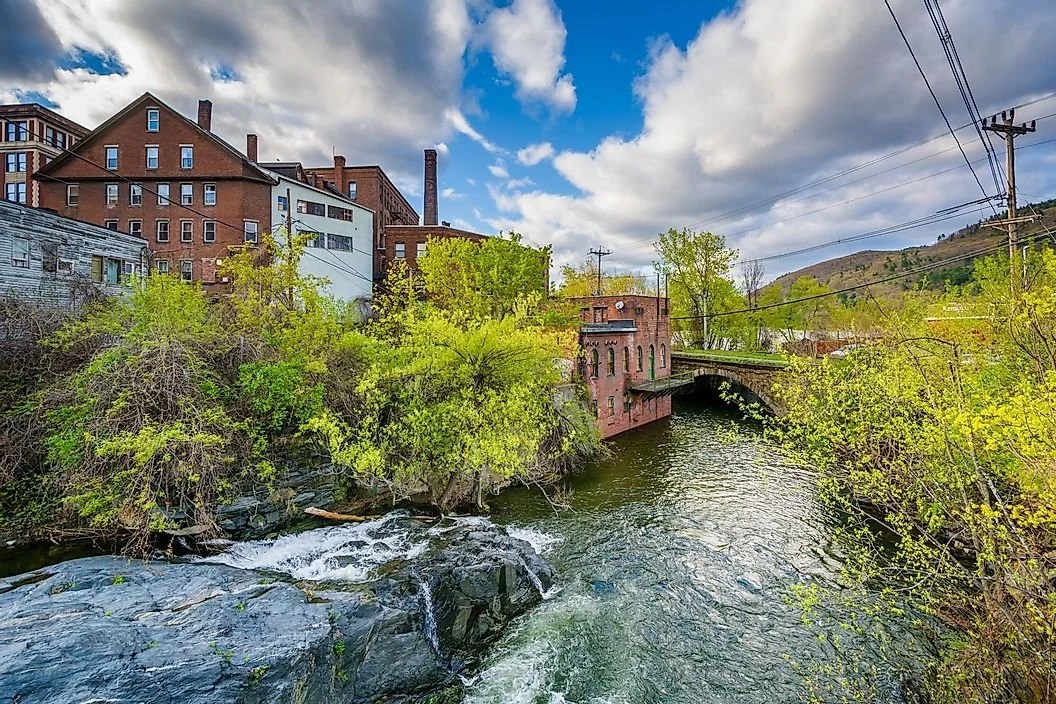Tmaskikos: Grass Cutter Moon
The seventh month of the Abenaki lunar calendar is the Grass Cutter Moon, following the preceding sixth month of Nokahigas, the Hoer Moon. This is the time when the new sprouts of the year’s planting appreciate some nurturing care, in the competition of their warming rush toward the sun. The month began in this sun cycle with the new moon on June 28, 2022, and we are near witnessing the full moon which shines in its fullness tomorrow, July 13th, and gives the name.
Lake Champlain Sea Grant: Abenaki Perspectives on Water
On June 17, 2022 Lake Champlain Sea Grant and the Vermont Department of Environmental Conservation hosted this “Abenaki Water Perspectives” panel discussion with speakers Chief Don Stevens, and Melody Walker Mackin and Rich Holschuh of Atowi Project.
Monadnock Lyceum 7/3/22: Robert Goodby, "A Deep and Enduring Presence: Using Archaeology to Write Native American History"
From Peterborough, NH, the Monadnock Lyceum presents Dr. Robert Goodby with “A Deep and Enduring Presence: Using Archaeology to Write Native American History” on Sunday 07/03/2022 at 11:00 am.
Kchi Nokahigas: the (Super) Hoer Moon Returns
The sixth moon of the Abenaki lunar calendar is the Hoer Moon, following the planting moon (fifth moon) of Kikas, the Field Maker Moon. Grandmother Moon - known as Nanibôsat, the all-night walker - will appear larger than typically encountered, as she approaches closer to her daughter, our Mother the Earth.
Mending Ourselves, Together
Are folks talking to each other and upholding aligned institutional values (always a helpful intention) at UVM, or does research in the name of equity trump the actual practice of same?
NEWT Spring Speaker Series 2022: Talking in Circles, Speaking Another Language
Talking in Circles, Speaking Another Language was presented on May 5, 2022 as part of NEWT’s 20th Anniversary Spring Speaker Series. Hear Rich Holschuh of the Atowi Project about listening to the layers of stories embedded in the land using a place-based perspective. Languages embody the worldviews of those native to a particular place, formed over deep time and in close relationship with their homelands. These values persist and offer lasting examples, despite centuries of attempts at erasure.
Video: Outdoor Education and Allyship with the Abenaki Community
Outdoor education is placed-based work that relies on land-based knowledge which often borrows from Native survival and cultural craft skills. This type of work and connection to the land may lead northeastern educators to wonder how they can be good allies for the Abenaki people.
The Great Falls and an Abenaki Relationship with Place
A conversation around the significance of Relationship with Place, which aired on Thursday, March 31 at 7pm over Rockingham Free Public Library on Zoom. A focus is made on an Abenaki cultural worldview and its lasting implications while referencing a local site: Kchi Pôntekw, the Great Falls in present-day Bellows Falls.
Ask the River Panel at Brattleboro Museum & Art Center - Feb 2020
Artists Elizabeth Billings, Evie Lovett, and Andrea Wasserman talked about their display at the transportation center and plans for a banner and a more permanent display. River Steward Kathy Urffer discussed the Connecticut River bank’s erosion due to higher level water levels allowed at dams . Rich Holschuh, Vermont Commission on Native American Affairs spoke. The discussion was recorded at the Brattleboro Art Museum just weeks before the pandemic hit, and was broadcast on BCTV in March 2022.
Testimony In Support of VHCC with VT House Natural Resources Committee
Testimony offered to Vermont House Natural Resources (Chair Amy Sheldon) on February 9, 2022. The Committee was receiving comment on increasing funding support for the Vermont Housing and Conservation Board (VHCB), being offered by members of Vermont Housing and Conservation Coalition (VHCC).
Testimony In Support of VHCC with VT House General, Housing, & Military Affairs Committee
Testimony offered to Vermont House General, Housing, and Military Affairs Committee (Chair Tom Stevens) on February 8, 2022. The Committee was receiving comment on increasing funding support for the Vermont Housing and Conservation Board (VHCB), being offered by members of Vermont Housing and Conservation Coalition (VHCC).
Expanding Use Value Appraisal in VT: House Natural Resources Committee Testimony
Testimony offered to Vermont House Committee on Natural Resources, Fish, & Wildlife (Chair Amy Sheldon) on January 19, 2022. The Committee was seeking comment on expanding the existing [Current] Use Value Appraisal Program, especially with regard to wildlands and “passively-managed” forest.
Who Writes These Things?*
Controlling the narrative: words matter. The way a story is told is informed by worldview - what we know and how it is defined. There’s a lot more (here) than has been shown to the eye… this might be called sleight-of-hand!
Tôni Kizos Wazwasa: the Winter Solstice
Among the Abenaki people, the winter solstice is the beginning of the new year. As elder Elie Joubert has told us, this time is known as Peboniwi, tôni kizos wazwasa – In winter, when the sun returns to the same place.
The Ebeling Sotzmann Map of 1796
Note the name of the Wantastekw (today’s West River) in the center area: as Wantustitguck od West R. This is a very close rendering of the Sokoki Abenaki place referrent “Wantastegok” which persists to the present, in language as well as spirit (as they are of the same breath).
Pebonkas: the Winter Maker Moon
We are in the last month of the solar year. It is the beginning of the final lunar cycle that began with the new moon on December 4, 2021 (by the modern Gregorian calendar) and which will renew on January 2, 2022. December 18th will be the full moon, marking the middle of Grandmother Nanibôsad’s (“the all-night walker”) journey through the lengthening darkness, and converging at the winter solstice with Nmahom Kizos’ (Grandfather Sun) own travel toward rest and renewal.
Kitaôwdi: the Great Road
What serves as US Route 5, passing through Guilford, Brattleboro (as Main Street), Putney, and Westminster to points north is - in large part - the path of the ancient Great River Road. A well-travelled Native footpath on the west side of the Kwenitekw/CT River, it has been traversed by countless travelers for millennia, from Sobagw/Atlantic Ocean, toward Kchitekw/St. Lawrence River.
Renaming and Reclaiming:The Place We Are In
This is the profound place from which we start with reclaiming and renaming, demonstrating the complete subversion and inversion of Indigenous ways by Christianized colonization. To turn a phrase, “In the beginning was the word. Words matter.”
Alosada Kpiwi - Let's Walk in the Woods: Finding Our Place Among All of Our Relations
An online presentation by invitation of Climate Action Now (Western Massachusetts) on YouTube, subtitled: Protecting Massachusetts Forests in the Time of Climate Emergency: Alosada Kpiwi - Let's Walk in the Woods: Finding Our Place Among All of Our Relations with Rich Holschuh, presented June 15, 2021.
Brattleboro Words Project: Retreat Farm’s DAR Monument
A pertinent podcast in the recently released Brattleboro Words Project’s mobile application takes a look at the stories layered in the landscape of Wantastegok. There is much more than meets the eye…



















